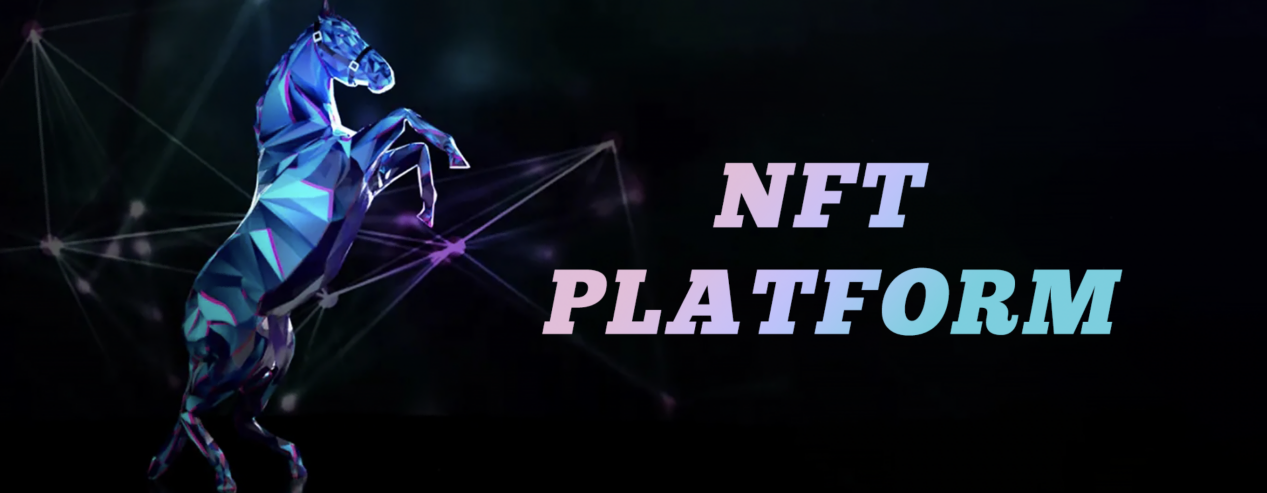
KOLO, a decentralized NFT platform incubated by KUKE, maybe the first classical MUSIC NFT platform, which has held its first auction. From Jan. 20th to 21th in 2022, after two days for bidding, the first NFT auction has fetched a total of 10,395.37 BUSD, which is about nine times the opening bid. Recent NFT sales have exceeded estimates and are performing strongly. The first auction also has opened a new chapter in the combination of classical music and NFT.
Actually, until February 2021, most people had never heard of NFT (Non-Fungible Token). But according to a recent report by Classic FM, NFT might become the new saviour of classical music. Nearly three years into the pandemic, COVID-19 has hit many sectors of the global economy hard, and the music industry is no exception. Social distancing restrictions and other epidemic prevention and control measures have had a severe impact on the music industry, with orchestras and artists are experiencing income instability. Therefore, the only way out is to keep pace with The times, innovate bravely and try the application of new technologies.
About Collection Value
Since the first auction, KOLO has continued to release a number of major classics, including the only version of recording album performed by the most authoritative performer of Beethoven’s piano sonatas, Gulda (In 2020, the British Gramophone magazine website updated its list of Beethoven’s 50 Greatest Recordings, which had made it the top of only three complete piano sonatas ever recorded.), a masterpiece by Casals (considered the greatest cellist of the last century) of Bach’s six unaccompanied suites for cello (described by the public as an absolute classic of the cello) and a rare recording of Brahms’s Concerto by Neveu, one of the finest violin authorities of the 20th century, who died at an early age. The Chinese New Year’s Eve Overture is a special release of the classic melody that has become a household name in China, all of which show that KOLO is committed to the artistic quality of its products.
NFT brings music rights into the retail era, where fans can share revenues with music creators by buying Copyright NFT. Non-fungible means the underlying assets cannot be divided and exchanged freely, but NFT can verify the uniqueness of underlying physical or digital assets. Since the concept was born, NFT has taken the market by storm, and the music industry is no exception. Whether NFT will be the music industry’s next technological breakthrough remains to be seen, but it has injected a lot of energy into the music industry. Maybe new technologies like NFT can really help the classical music world in a positive way.